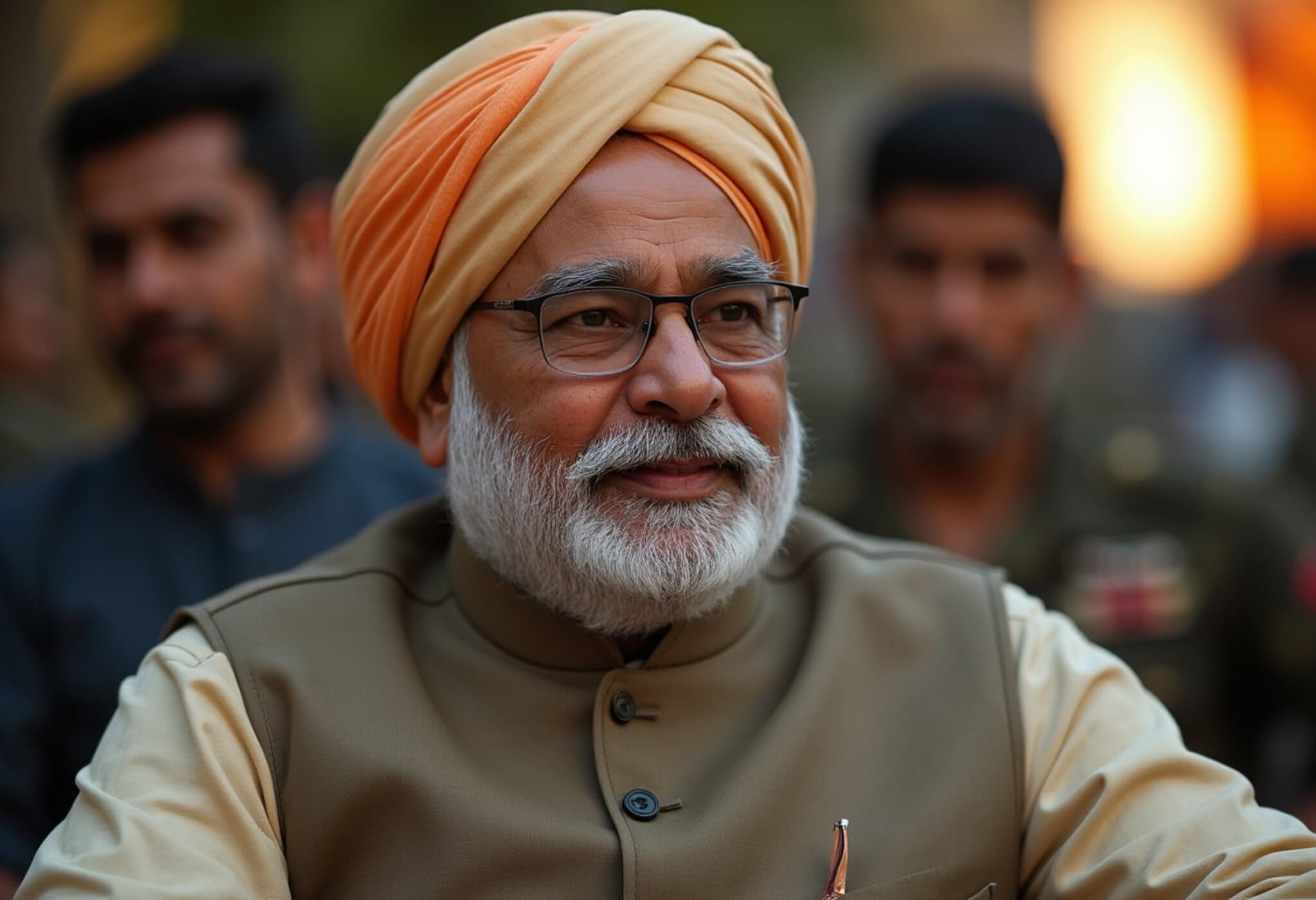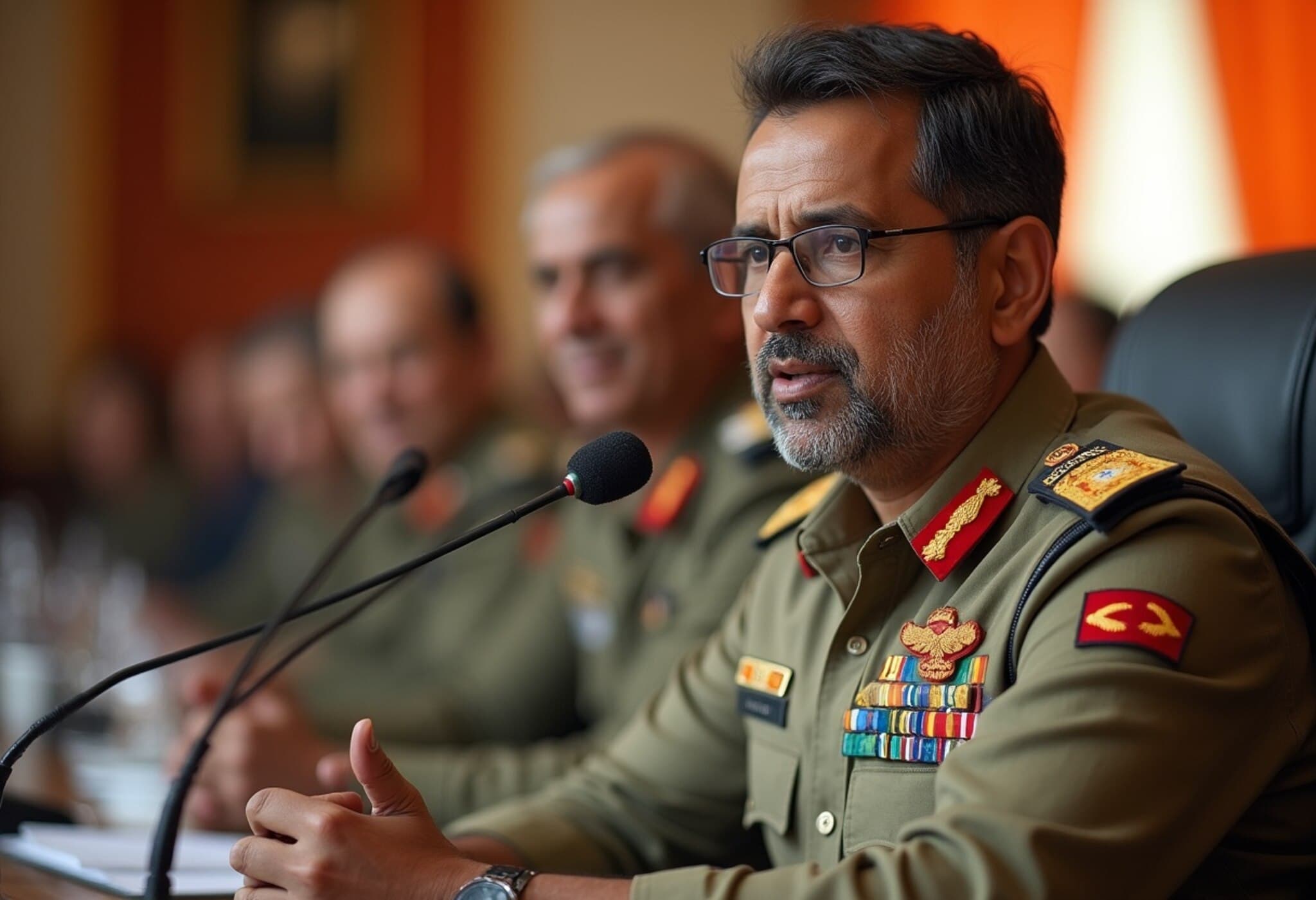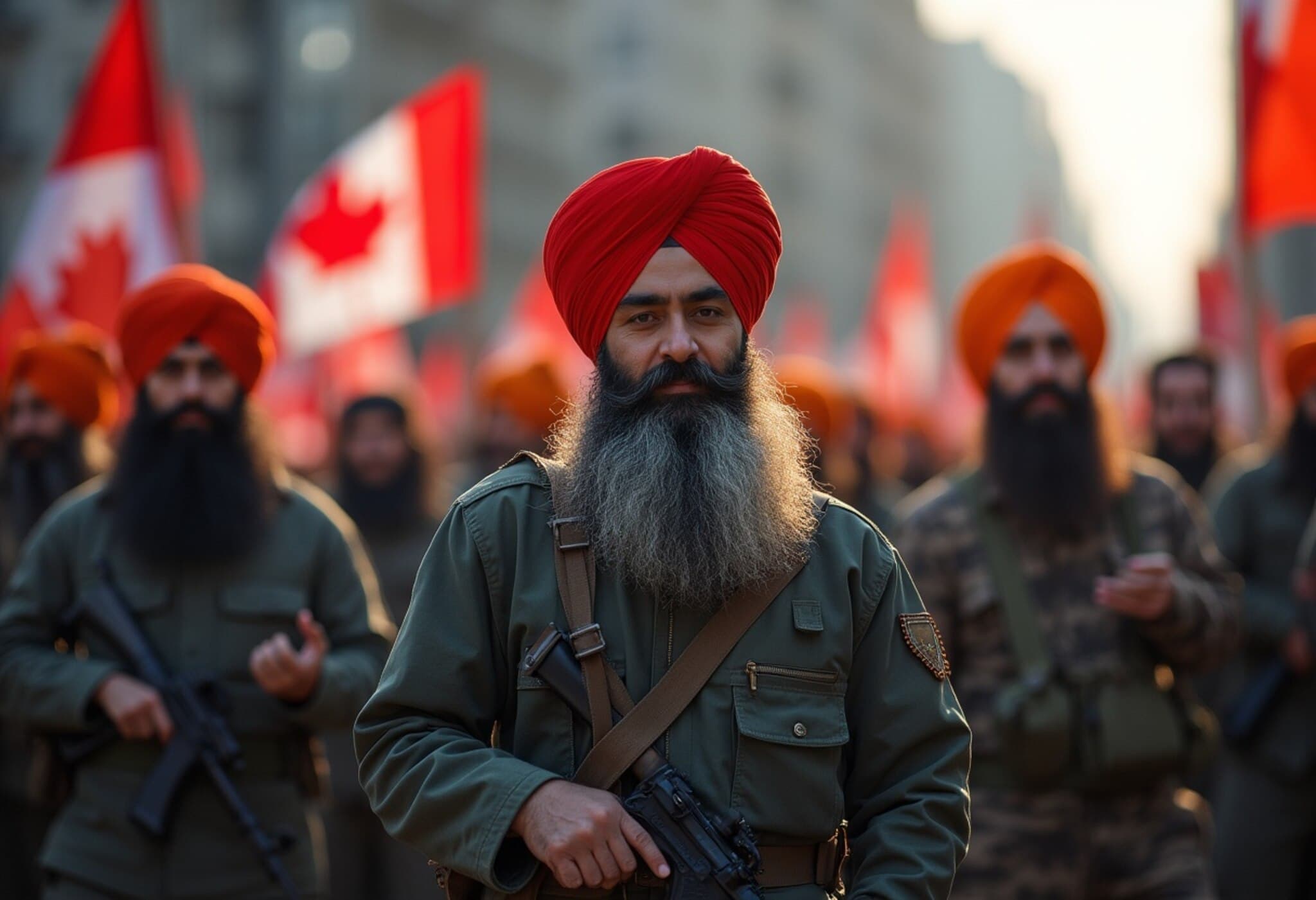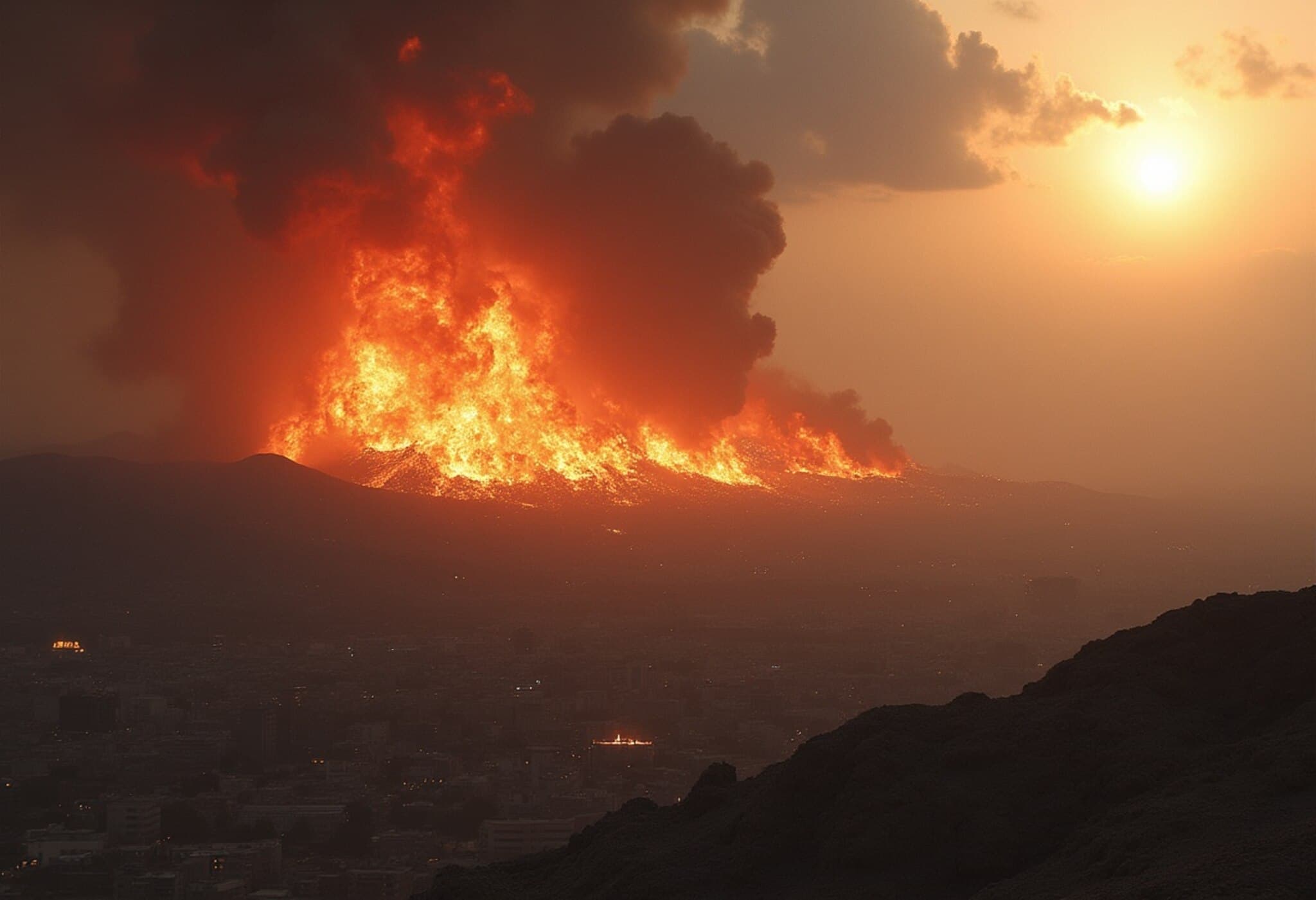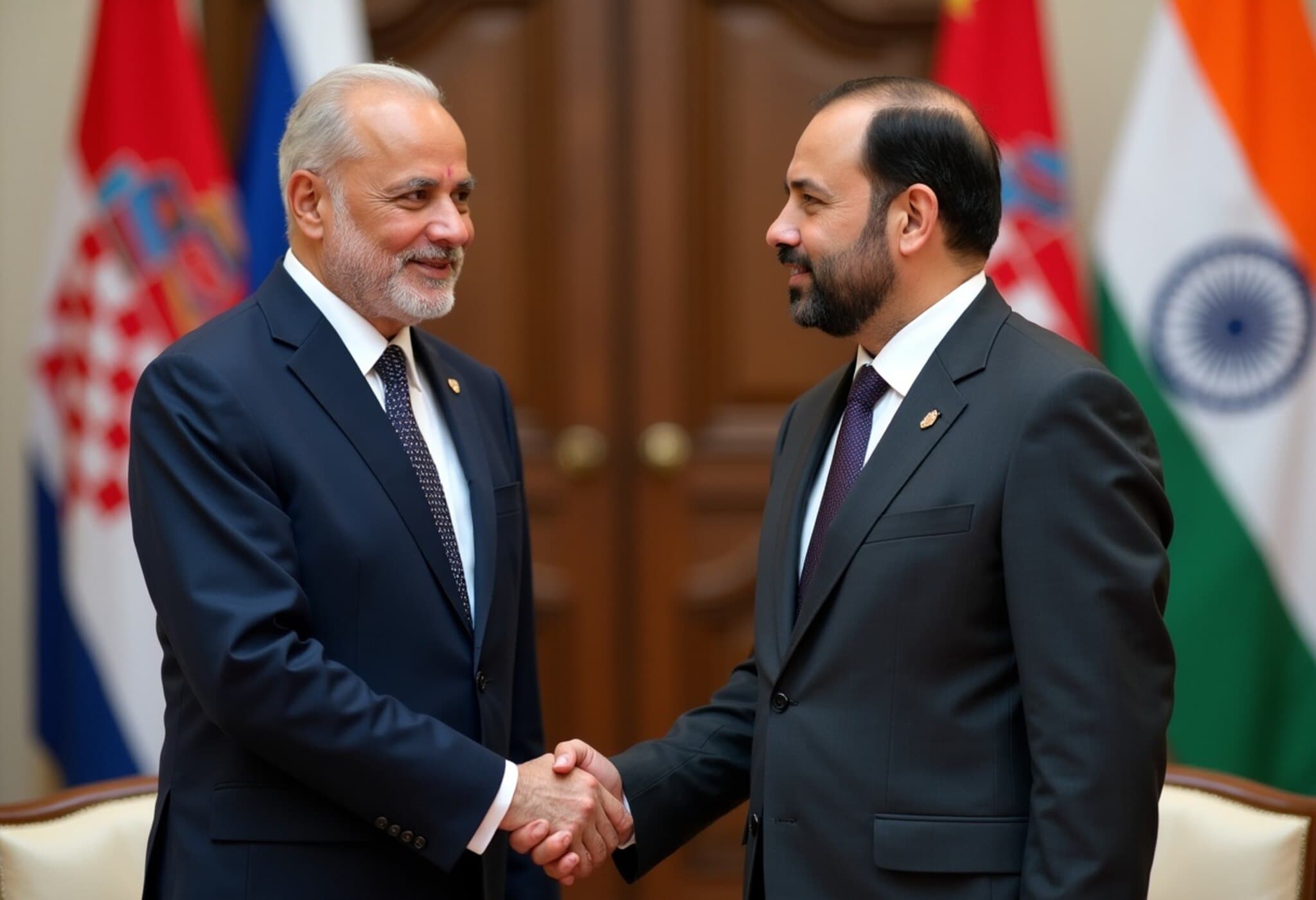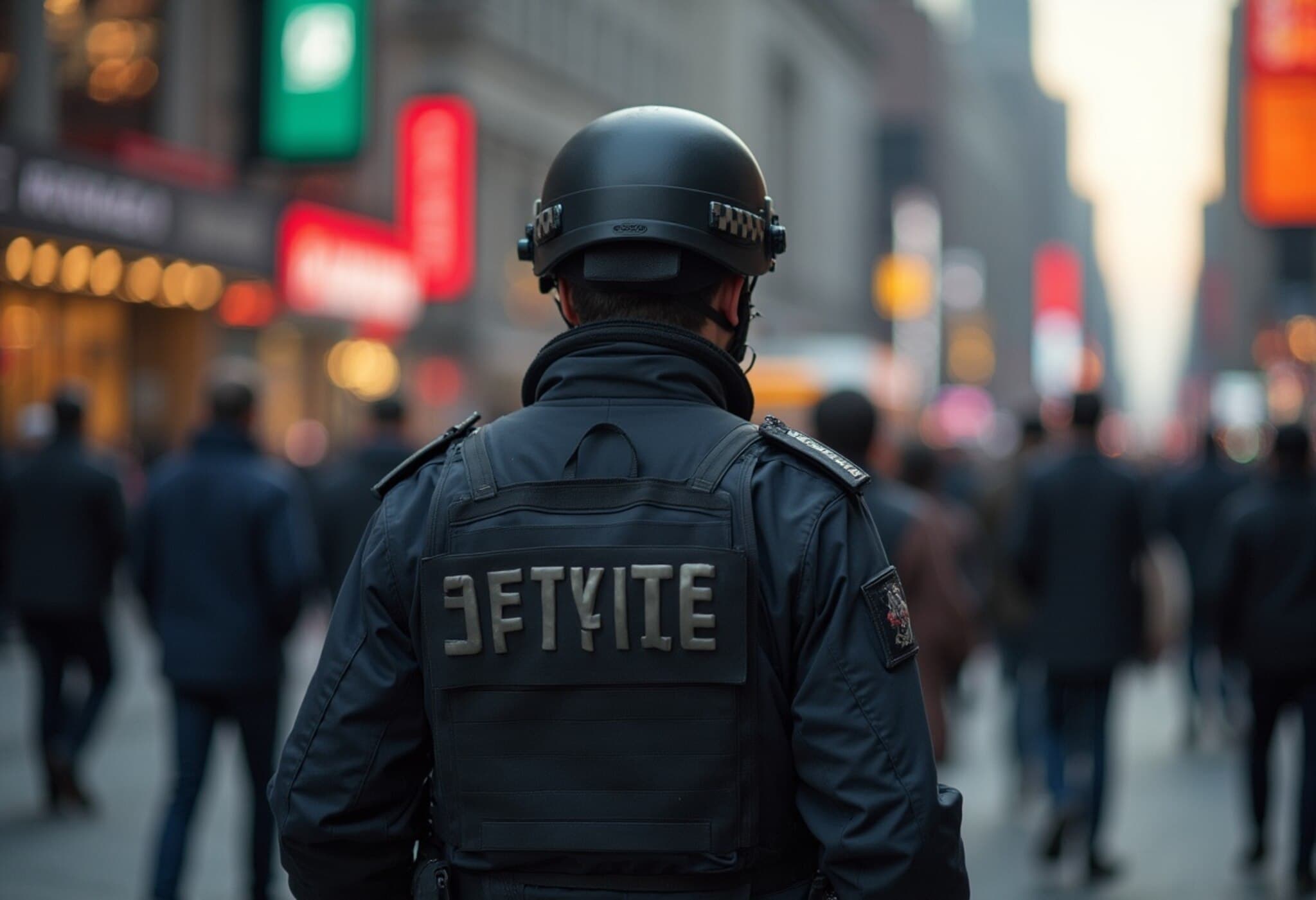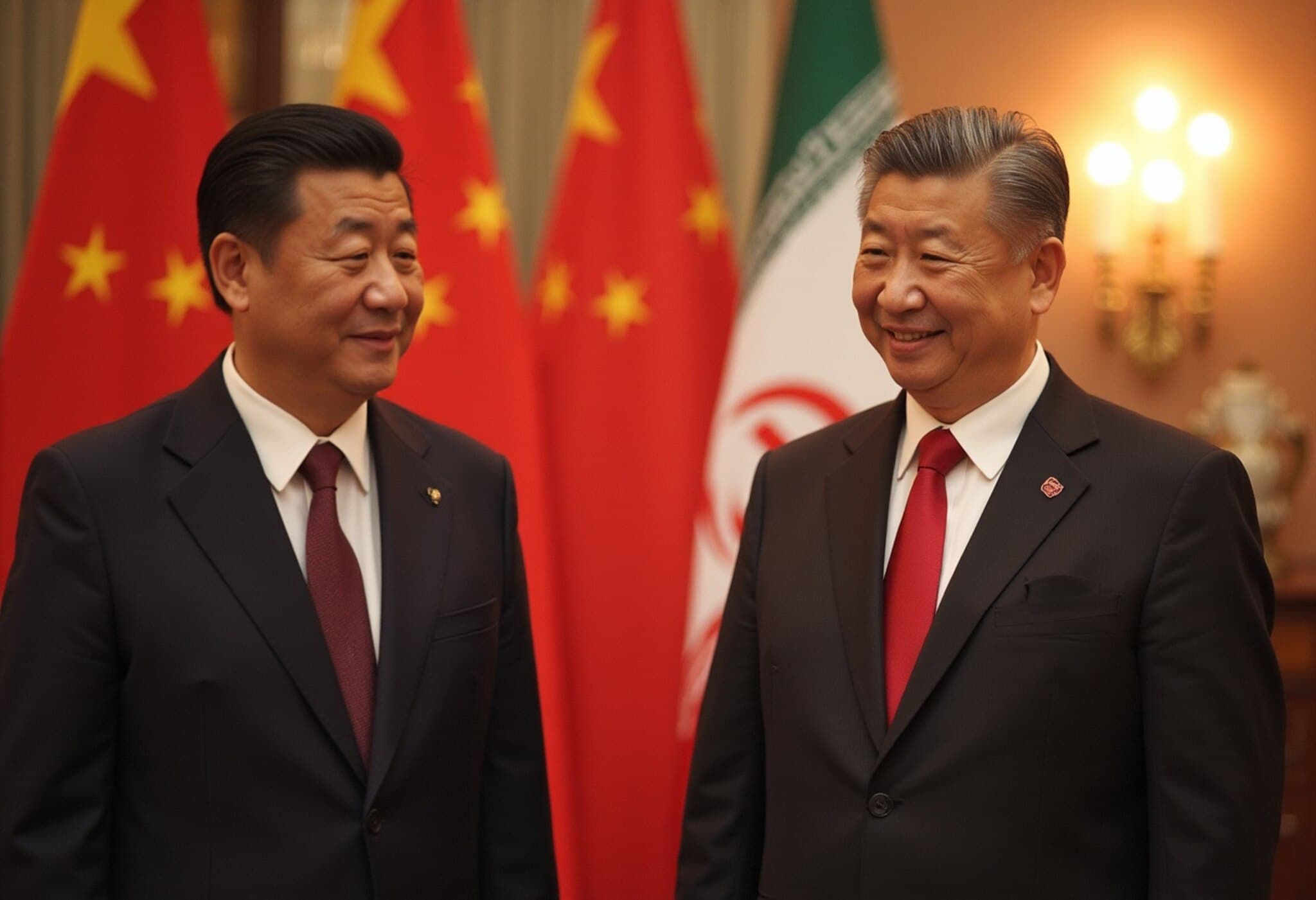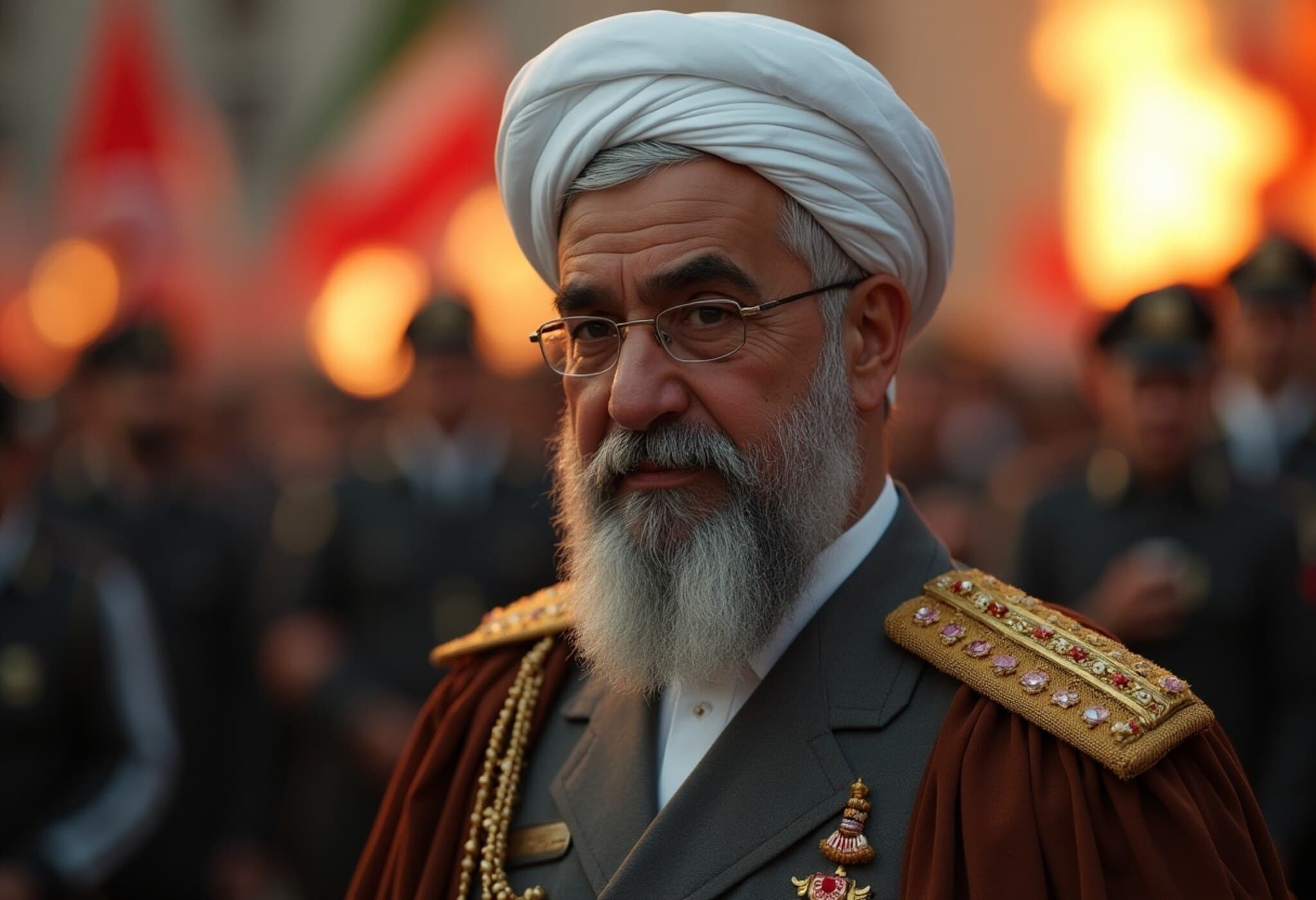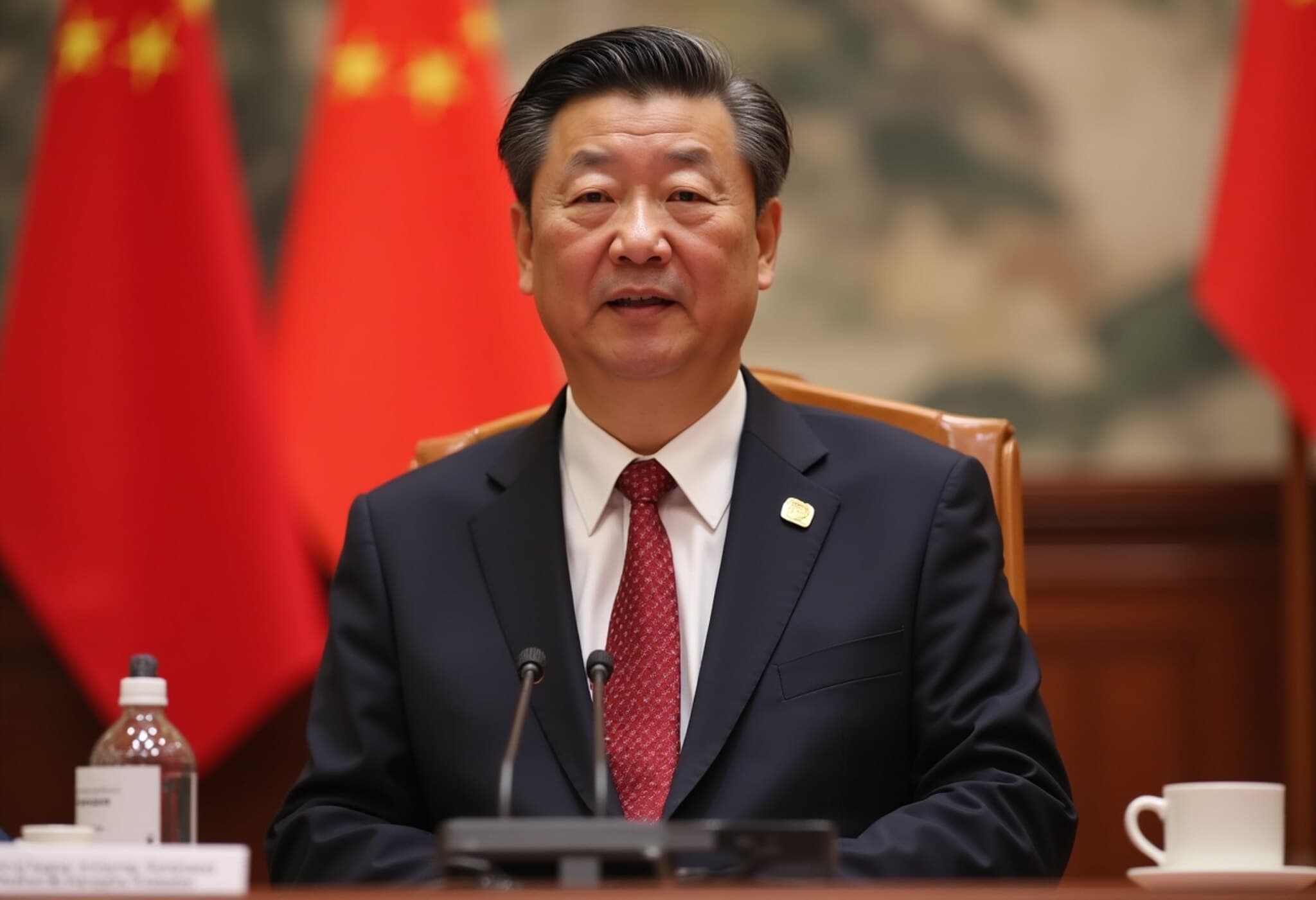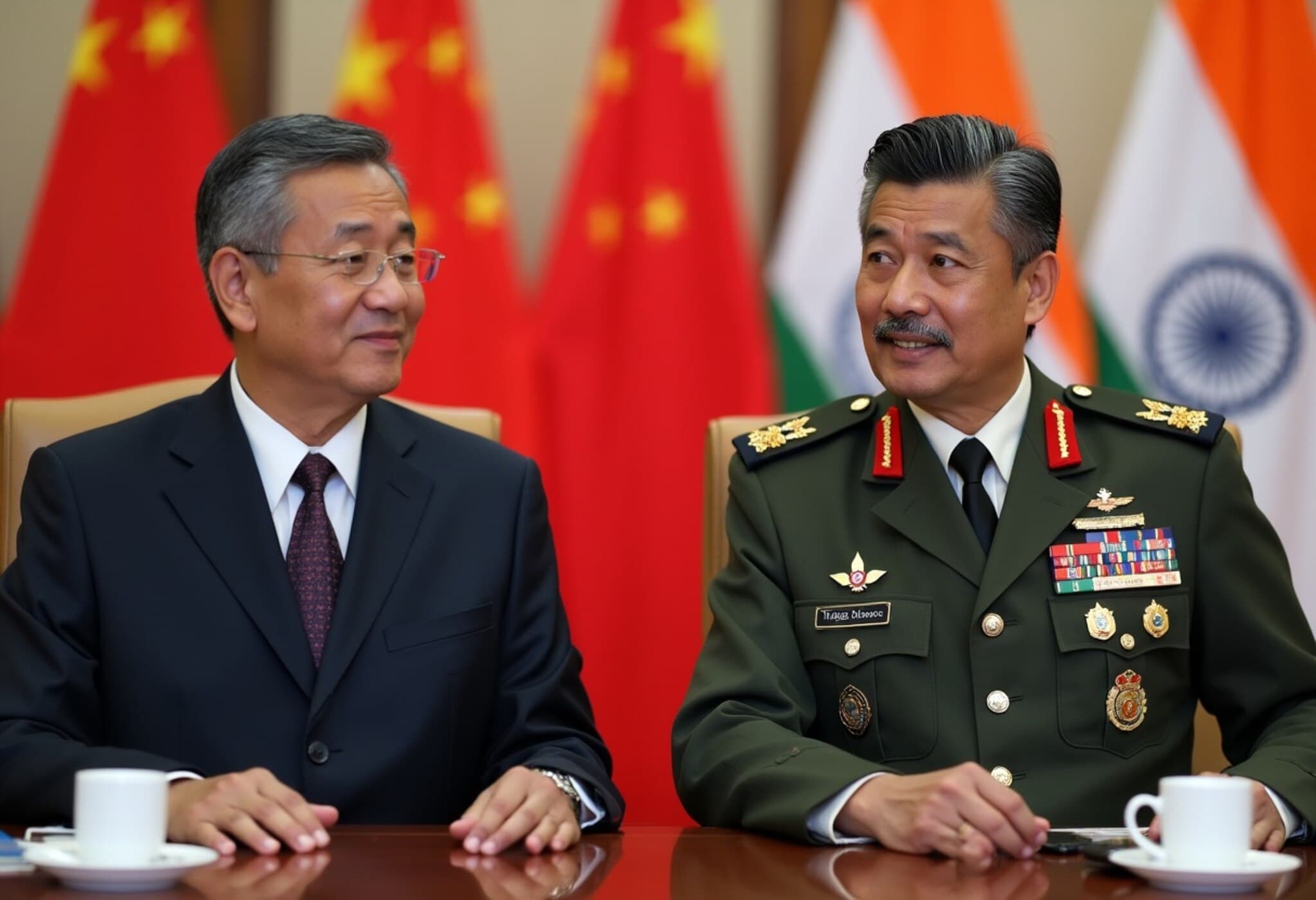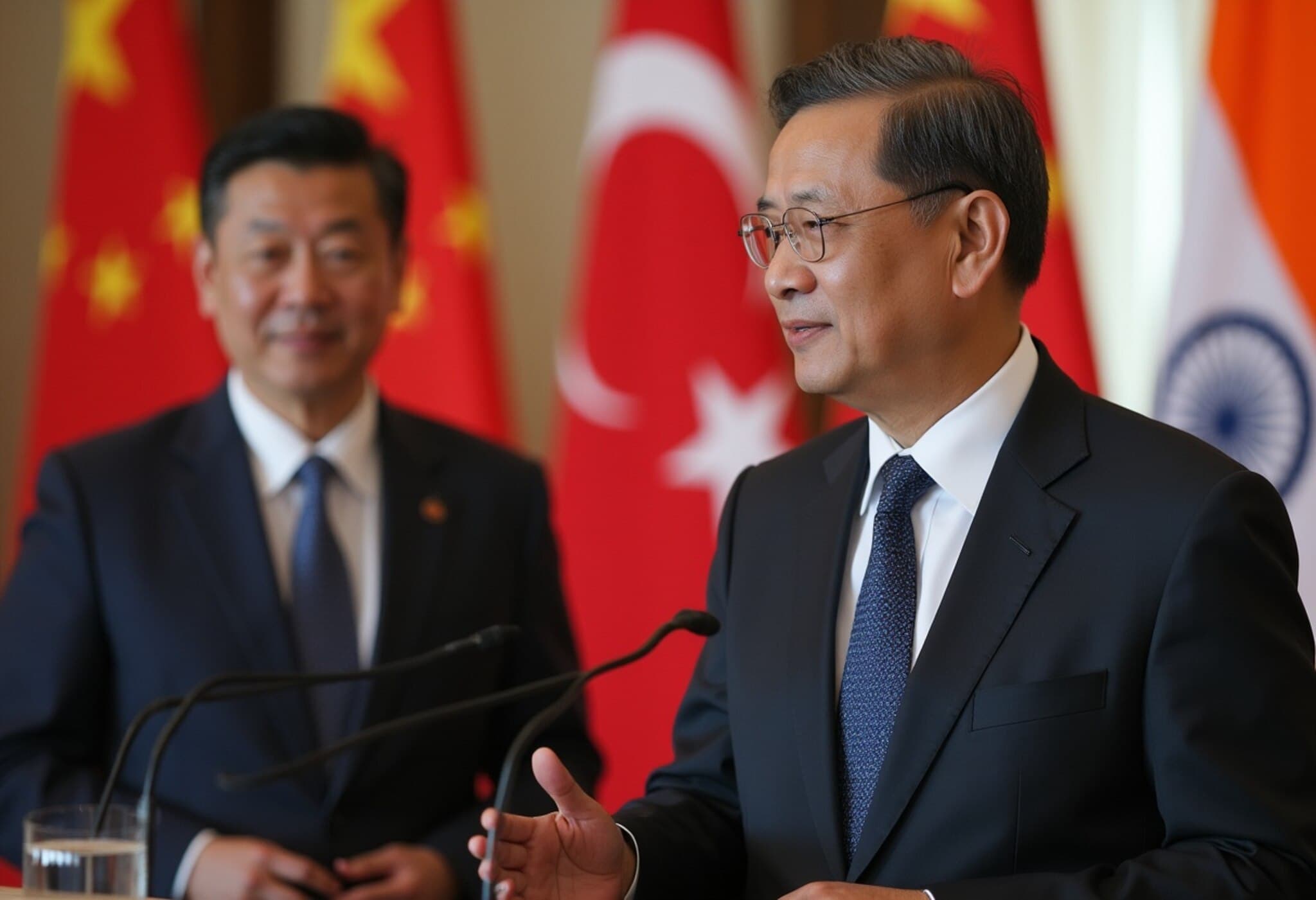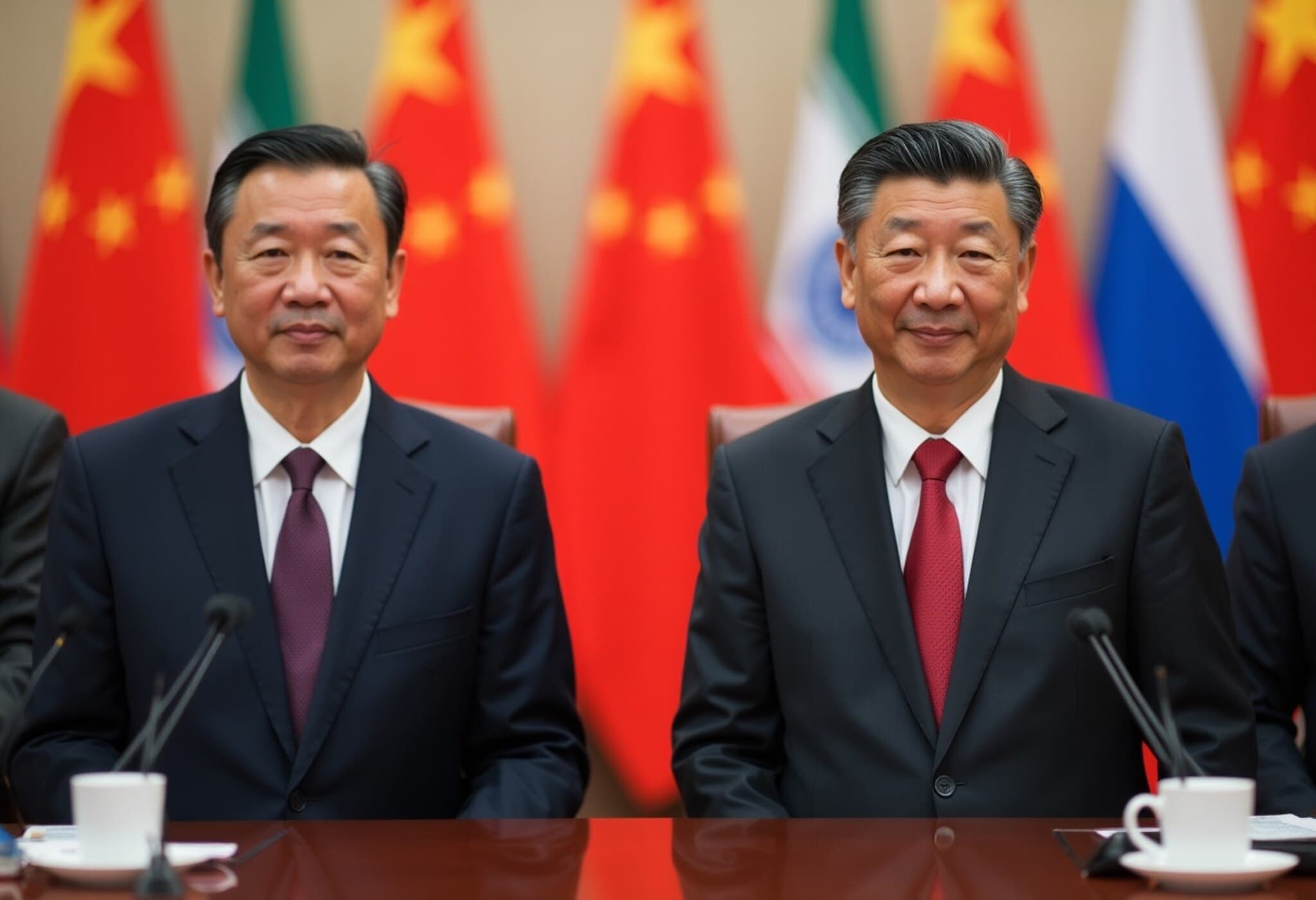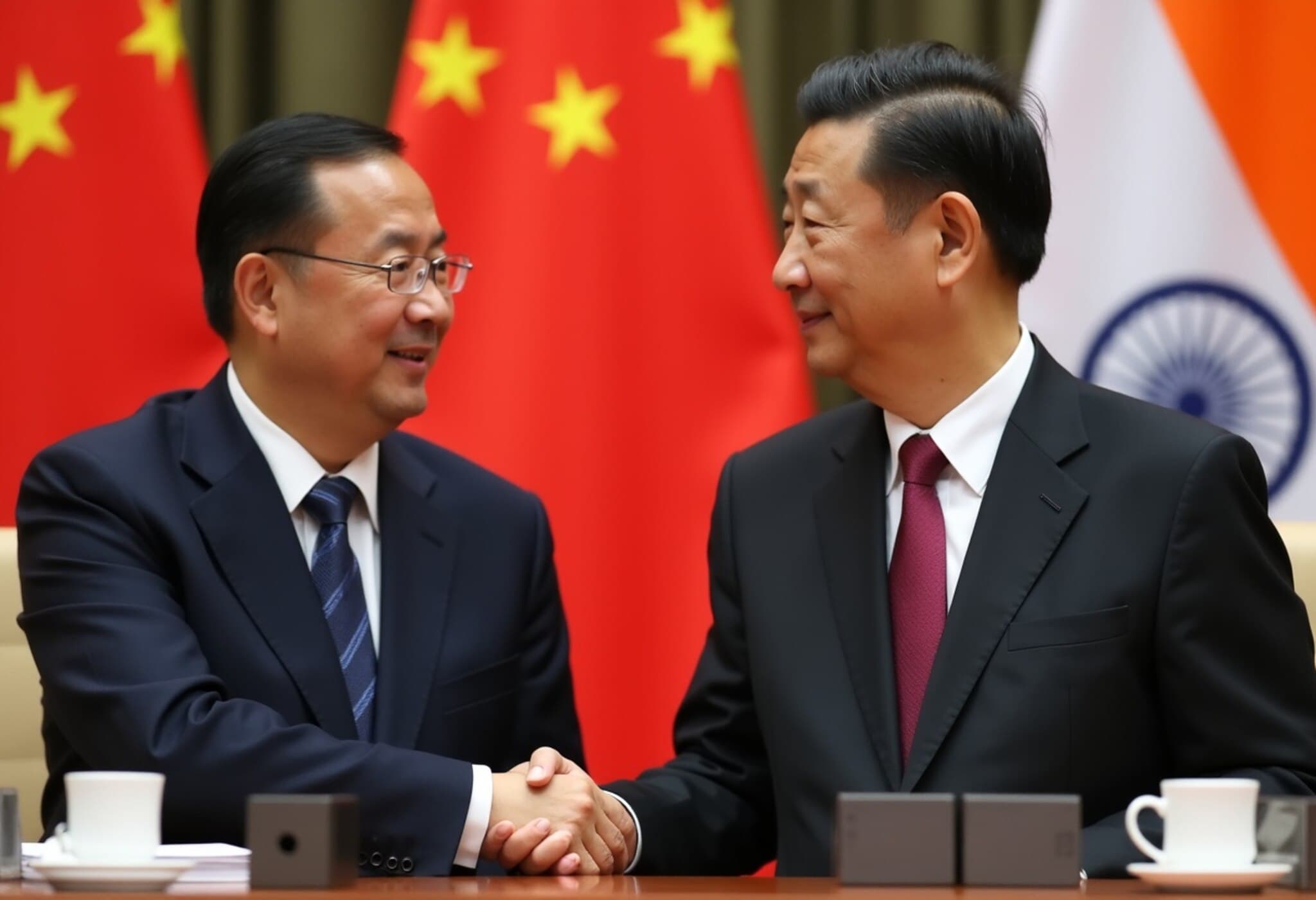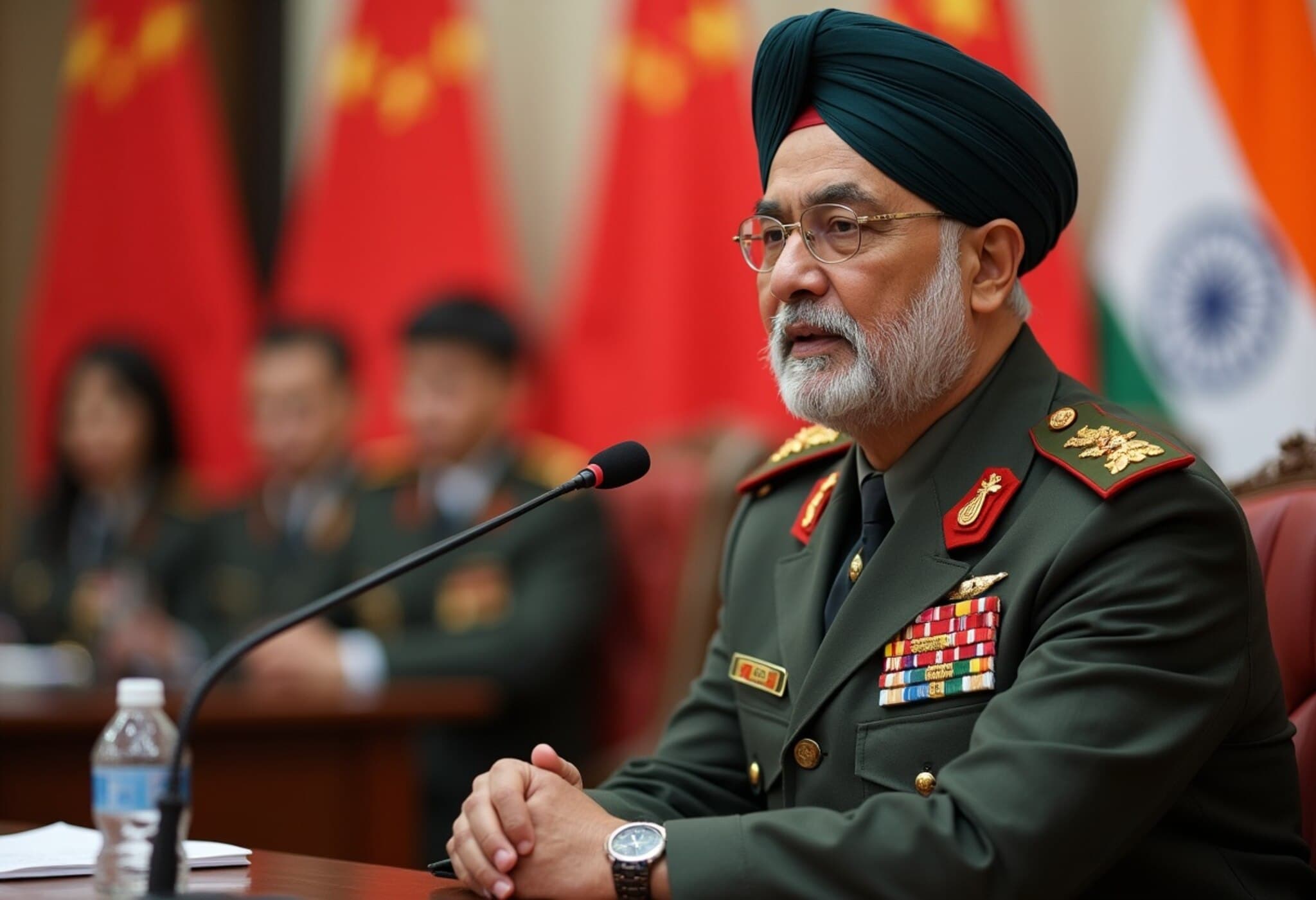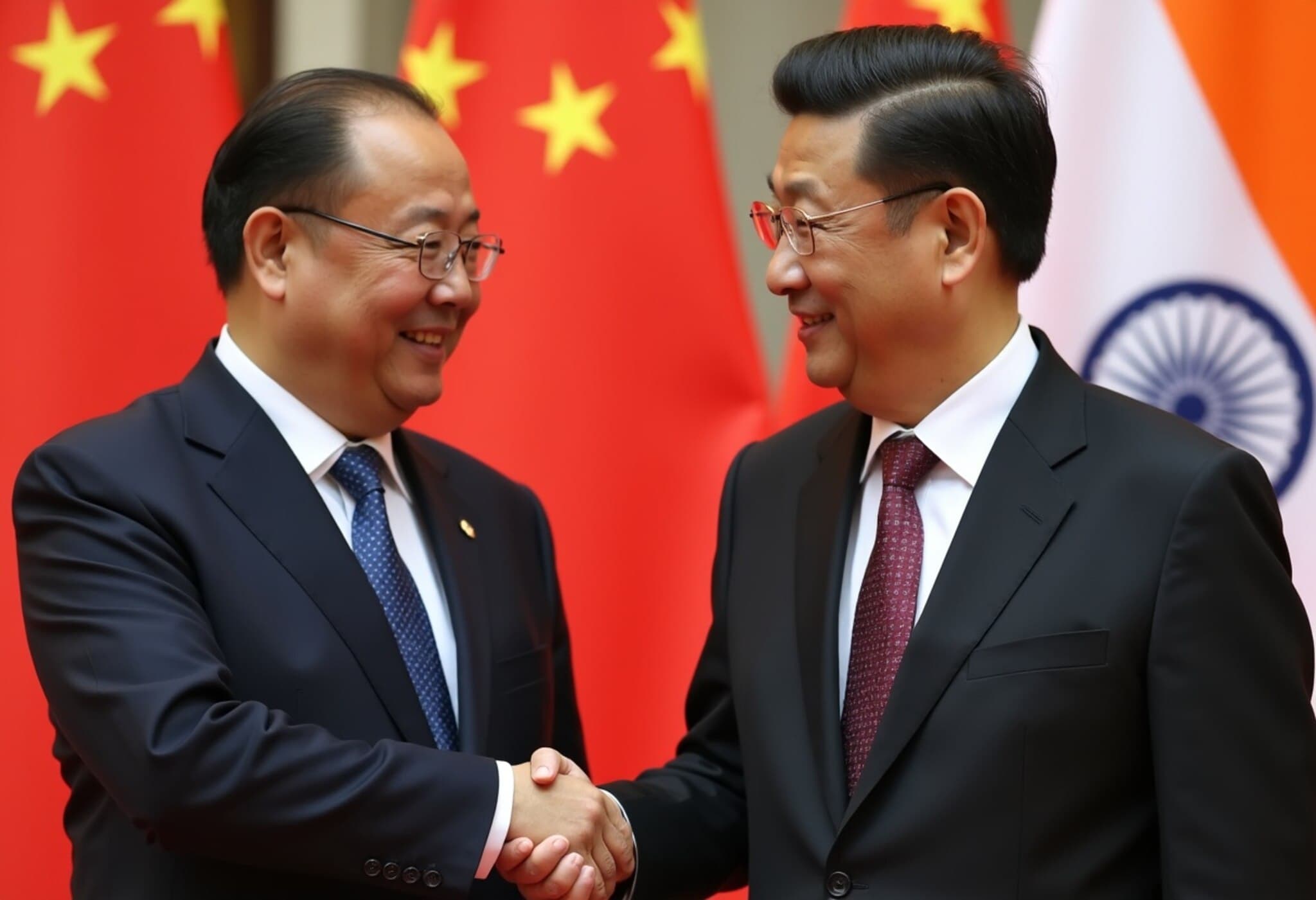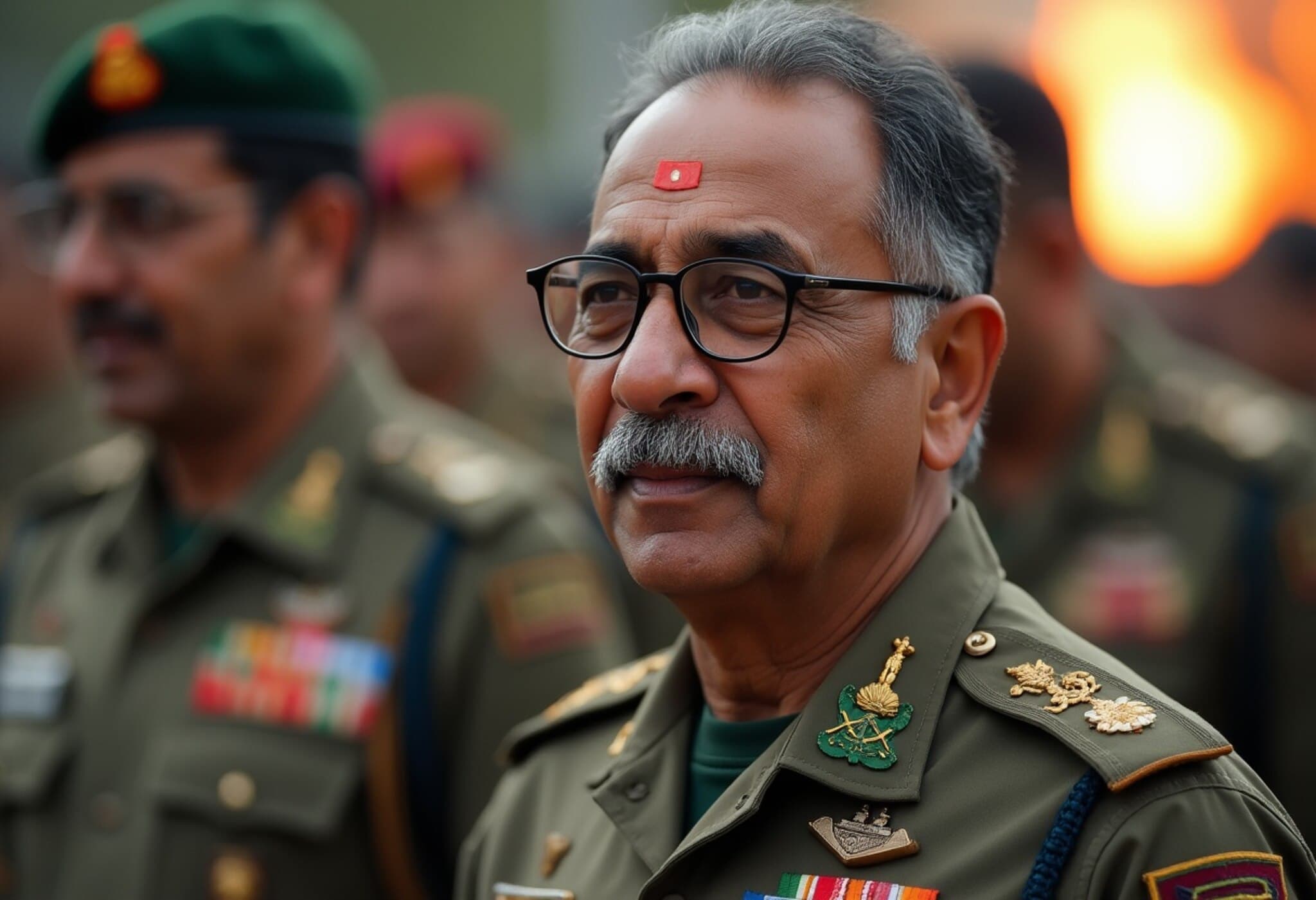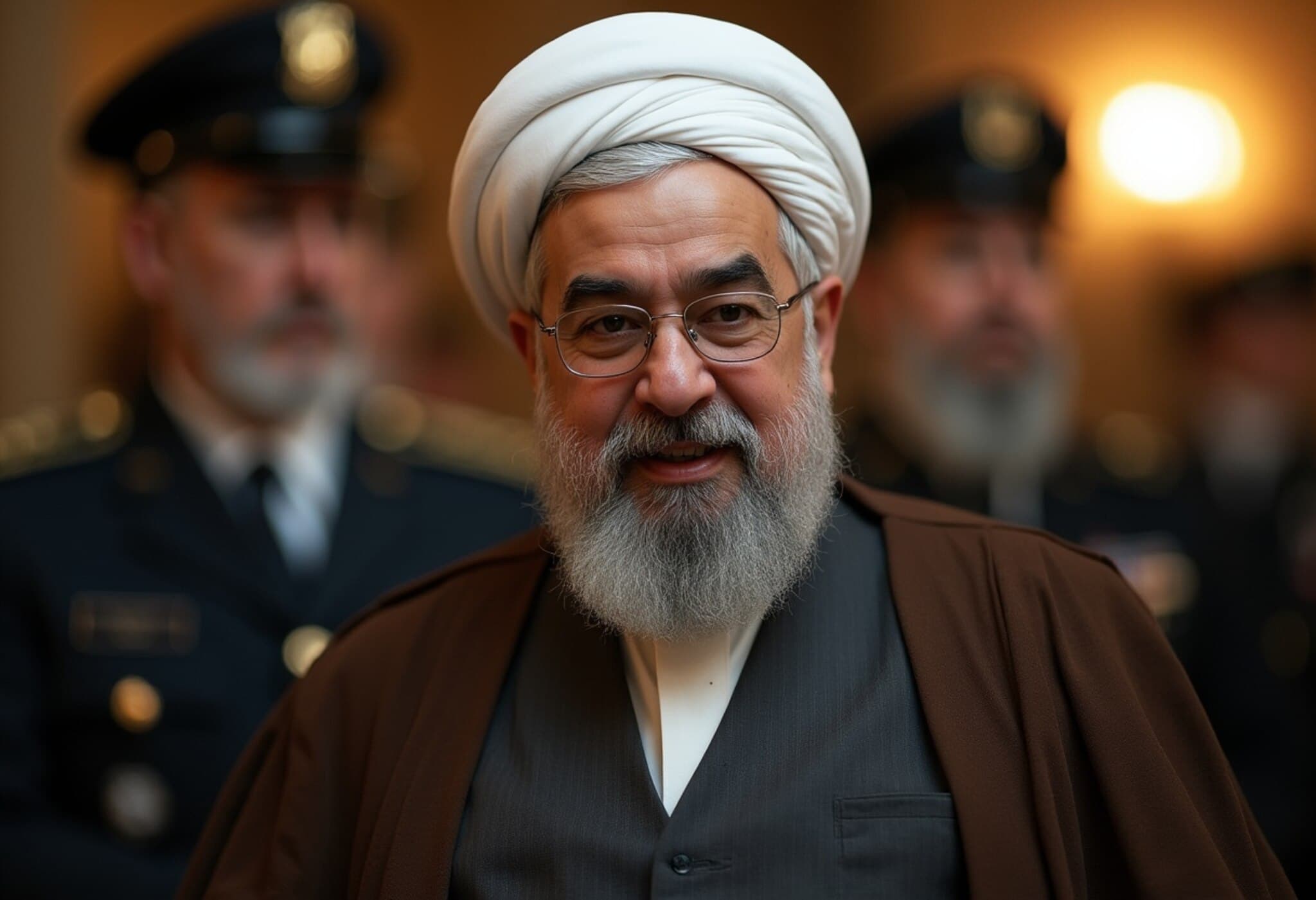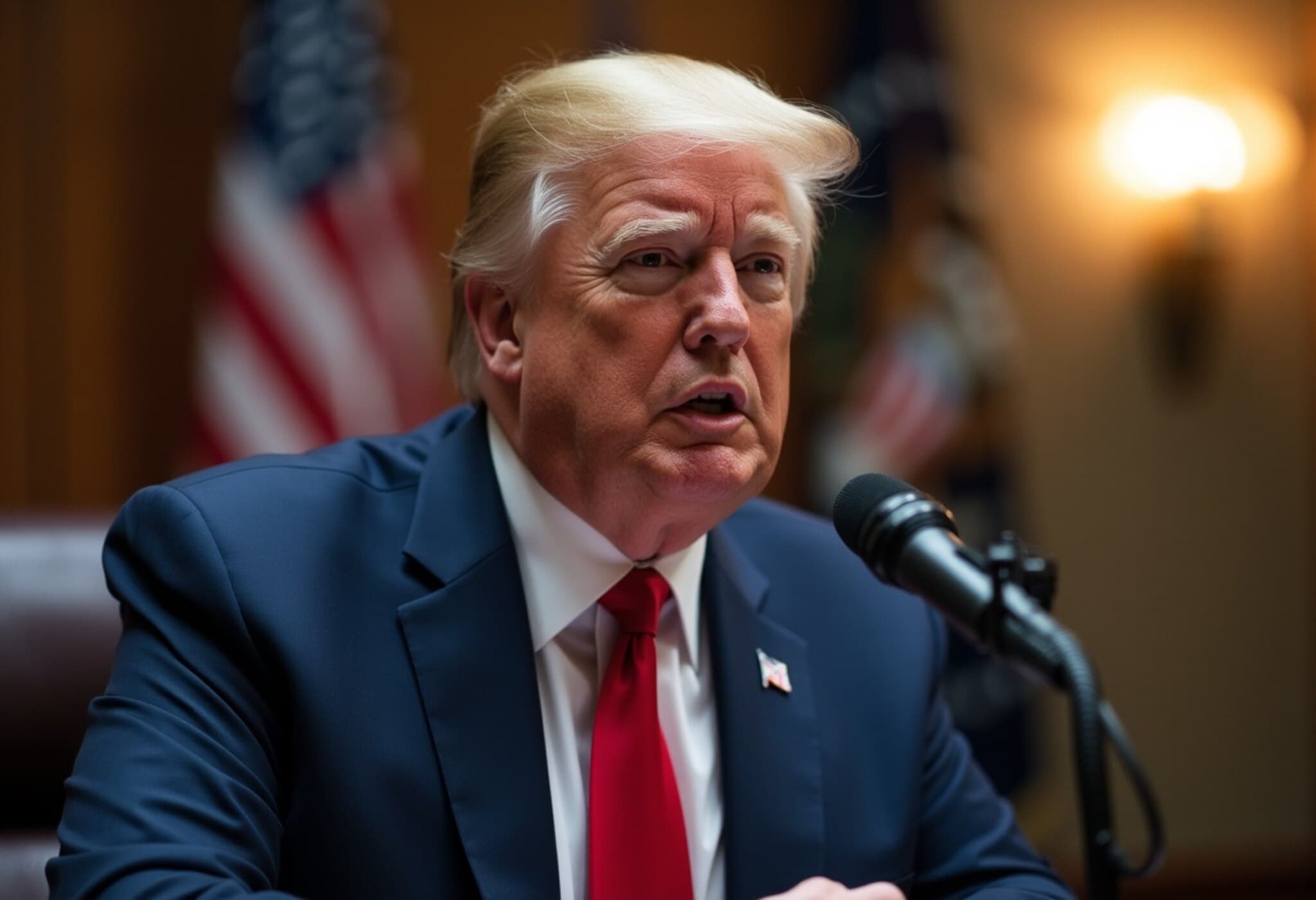India Takes a Stand Against SCO Statement Over Terror Attack
In a firm display of principle, India’s Defence Minister Rajnath Singh declined to endorse a joint statement during a Shanghai Cooperation Organisation (SCO) meeting. The key sticking point? The statement's glaring silence on the recent Pahalgam terror attack which claimed 26 lives, alongside controversial mentions of Balochistan.
Why Did India Object to the Statement?
The joint declaration omitted any reference to the Pahalgam attack, an assault orchestrated by Pakistan-backed militants, highlighting an unsettling gap in addressing terrorism directly. India viewed this as a significant oversight, straining the statement's credibility and undermining the victims’ memory.
Moreover, the declaration included indirect accusations about unrest in Balochistan, implicitly targeting India without explicitly naming it. This approach was interpreted as an unjust attempt to shift blame.
China’s Role and Pakistan’s Influence
The absence of the Pahalgam attack in the SCO statement is widely considered to be influenced by Pakistan, with China—its close ally—currently presiding over the SCO agenda. This dynamic highlighted geopolitical complexities within the organization, especially concerning regional security narratives.
India’s Stance on Balochistan and Terrorism
India has continually rejected Pakistan's claims concerning Balochistan, urging Islamabad to cease its support for terrorist activities rather than leveling baseless accusations. The refusal to sign the statement reiterated India's zero tolerance for terrorism and its insistence on addressing terrorism directly and unequivocally.
Rajnath Singh Speaks at the SCO Summit
Attending the SCO Defence Ministers’ meeting, which includes member nations such as Russia, Pakistan, and China, Rajnath Singh emphasized a crucial message: “Terrorism doesn’t respect national boundaries.”
He called for united international efforts to eradicate the threat, underscoring India's successful Operation Sindoor as a necessary response to Pakistan-sponsored terror activities. According to Singh, “Peace and prosperity cannot coexist with terrorism or the proliferation of weapons of mass destruction in the hands of non-state actors.”
About the SCO
Established in 2001, the Shanghai Cooperation Organisation seeks to maintain regional security through collaborative partnerships. The SCO’s 10 member states—Belarus, China, India, Iran, Kazakhstan, Kyrgyzstan, Pakistan, Russia, Tajikistan, and Uzbekistan—periodically convene to discuss security and economic cooperation.
The Road Ahead
India’s refusal to endorse the SCO statement sends a clear message on its uncompromising view towards terrorism and its demand for truthful acknowledgment of such incidents. This stance not only highlights India's commitment to fighting terrorism but also the intricacies of diplomacy amid regional rivalries.

